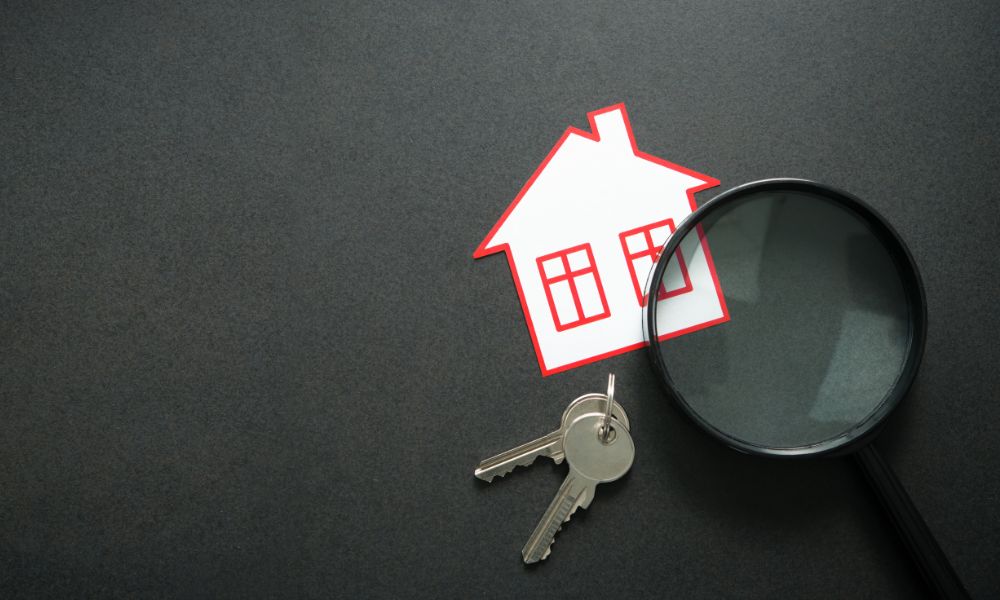Managing a rental property can quickly turn into a full-time job, especially when balancing tenant needs, regular upkeep, and legal requirements. A dedicated property management company takes on these essential duties, acting as the point person for every task, big or small.
From tenant screening to rent collection and maintenance, property managers play a vital role in creating a profitable, low-stress experience for property owners. They streamline day-to-day operations and handle the unexpected, ensuring your investment or rental properties thrive even if you’re miles away or have multiple properties to oversee.
In this guide, we’ll delve into the role of a property manager, their benefits for both landlords and tenants, and why having a professional at the helm can make property ownership an effortless and rewarding journey.
Make Property Ownership Hassle-Free!
Core Responsibilities of a Property Manager
So, what does a property manager do? A property manager takes on multiple key responsibilities that keep a rental property running smoothly, making them invaluable for any property owner. From ensuring property maintenance and repairs are done promptly to carefully screening tenants, their role covers a broad range of essential tasks.
Real estate owners hire property management companies to handle everything from rent collection and financial tracking to lease management and legal compliance, giving owners peace of mind and stable income. Understanding what a property manager does highlights why they are critical partners in protecting and growing a property investment.
Managing Tenant Relationships
Think of a professional property manager as a friendly go-between for tenants and owners, someone who keeps everything running smoothly. They’re the ones who listen to tenant concerns and handle complaints so everyone feels heard and respected. If conflicts pop up, they know how to solve issues fairly, and they even handle evictions when things really can’t work out. By following landlord-tenant laws, they make sure both sides stick to the rules, keeping things clear and stress-free.
Financial Management in Property Management
A property manager is like the money manager for a rental property. They set up a budget for repairs and regular costs, making sure the property doesn’t drain the owner’s wallet. They’re also in charge of collecting rent on time and keeping track of any late payments, so cash flow is steady. When it comes to taxes, they take care of the filing so owners don’t have to worry about missed deadlines or penalties.
Property Maintenance and Upkeep
A property manager’s job involves keeping a rental property in good shape. They check the property regularly to catch issues early and plan seasonal maintenance, like making sure heating or AC systems are ready for extreme weather. And if there’s an emergency, like a broken pipe or heater outage, they’re on it fast to keep the tenants happy and the property in top shape.
Marketing and Leasing Services
When it comes to filling a rental property, professional property managers handle all the marketing and leasing steps. They create attractive property listings with great photos and descriptions, post them on popular rental sites, and even manage advertising. When potential tenants are interested, property managers conduct tours to showcase the space.
They also decide on rental prices, making adjustments based on the market to stay competitive and attract the right tenants quickly.
Legal Responsibilities of Property Managers
Property managers have to stay on top of laws to keep everything above board. They follow both local and federal rules, like fair housing laws, to ensure everyone has a fair shot at renting. This means no discrimination when screening tenants and understanding how to handle deposits properly. They also manage security deposits, making sure they’re collected, stored, and returned according to the rules, so there are no legal headaches for the owner or the tenants.
Tenant Turnover and Vacancy Management
Tenant turnover is a big part of property management, and property managers have a few tricks to keep units filled. They handle lease renewals, giving current tenants a smooth path to stay if they’re happy, which helps reduce vacancies. When a tenant moves out, they prepare the property for the next renter by cleaning and fixing any issues.
To keep vacancies low, property management firms often have strategies like offering special deals or advertising early, keeping properties occupied as much as possible.
Rent Collection and Accounting
Collecting rent is one of the most important jobs for any property manager. They set up easy-to-use payment systems so tenants can pay online or through other convenient methods, which helps keep the rental income steady. If payments are late, they enforce penalties to ensure that rent comes in on time.
On top of that, property managers provide monthly financial statements, giving property owners a clear picture of how their rental is performing without having to handle the numbers themselves.
Lease Agreement Management
Property managers take charge of lease agreements, drafting clear contracts that cover all the details tenants need to know. They make sure each lease follows the law, so everything is fair and legally sound. If there are any violations, like breaking lease terms or causing damage, the property manager steps in to handle it directly, taking away the stress for the property owner. This way, hiring a property manager ensures all lease issues are dealt with professionally.
Inspections and Property Condition Assessments
Property managers keep an eye on the property’s condition through regular inspections, covering move-in and move-out checks as well as ongoing property condition reports. These inspections help document the state of the property to prevent disputes and manage risks. If there’s any damage or risk, the property manager takes care of it right away, keeping the place safe and ready for prospective tenants if it becomes vacant.
Learn More About Professional Property Management
Vendor Management and Contracting
Property managers handle vendor relationships, making sure that reliable contractors are lined up for services like landscaping, plumbing, or cleaning. They negotiate contracts to get fair rates and ensure quality work, so owners don’t have to worry about chasing down vendors or checking up on every little repair. This is especially helpful for owners with multiple properties, as it streamlines maintenance and keeps standards consistent across all locations.
Property Improvements and Renovations
When it’s time to upgrade a property, property managers plan out the renovation projects, whether it’s updating appliances, repainting, or even remodeling. They create a budget for these improvements to avoid overspending and work toward getting the best return on investment (ROI) for the owner. Thoughtfully planned upgrades can make a property more appealing to prospective tenants and help boost its long-term value.
Handling Legal Issues
Sometimes legal issues come up, and property managers are there to handle them without stressing out the owner. They manage eviction processes when necessary, address claims for property damage, and even represent the owner in court if it comes to that.
By hiring a property manager, owners have someone who knows how to navigate legal situations, keep the property protected, and minimize potential headaches.
Compliance with Safety and Health Regulations
Property managers make sure that a rental property is safe and up to code, following local safety rules like fire codes and health standards. They arrange regular health inspections to catch any issues before they become bigger problems and stay on top of changing regulations, adapting quickly to keep everything legal and safe. This means property owners can relax, knowing their property meets all necessary safety requirements.
Communication with Property Owners
Property managers keep owners in the loop by providing regular updates on the property’s status, including any repairs, tenant issues, or financial updates. They also respond to any concerns or questions from the owner, acting as a trusted partner.
When decisions need to be made, like approving a big repair, property managers often make informed choices on behalf of the owner, based on their professional judgment, so the owner doesn’t have to get involved in every little detail.
Emergency and Crisis Management
In emergencies, property managers are the ones on call 24/7, ready to handle anything from broken pipes to major storms. They have disaster preparedness plans in place to protect the property and tenants, making sure everyone is safe and any damage is minimized. This constant availability during crises gives owners peace of mind, knowing there’s always someone ready to respond when things go wrong.
Technology and Tools in Property Management
Imagine having all the rental property details right at your fingertips—that’s exactly what modern property managers can do with today’s tech. They use property management software to organize tenant info, finances, and maintenance schedules in one place. Online rent collection tools make it easy for tenants to pay rent on time, ensuring owners receive their rental income without delays. Plus, automated maintenance requests let tenants report issues online, so property managers can quickly arrange repairs without constant back-and-forth.
Specialized Property Management Services
Property managers adapt their services to fit each property type. For vacation rentals, they manage guest check-ins and turnovers. Commercial properties involve working with business tenants and managing unique lease terms.
HOA and community management means coordinating with homeowners’ associations to maintain shared spaces and keep the community organized. This specialized approach ensures each property’s specific needs are met effectively.
Why a Full-Service Property Manager is Worth It
Finding the right property manager can make all the difference for owners and tenants, transforming a rental property into a hassle-free, valuable investment. A full-service property manager covers every essential task, from handling tenant relationships and rent collection to managing maintenance and legal compliance, ensuring the property stays profitable and well-maintained.
For property owners, this means less stress, fewer day-to-day tasks, and peace of mind knowing their investment is in capable hands. Choosing a property manager who offers a comprehensive range of services can ultimately enhance tenant satisfaction, reduce vacancies, and help maximize the property’s long-term value.






